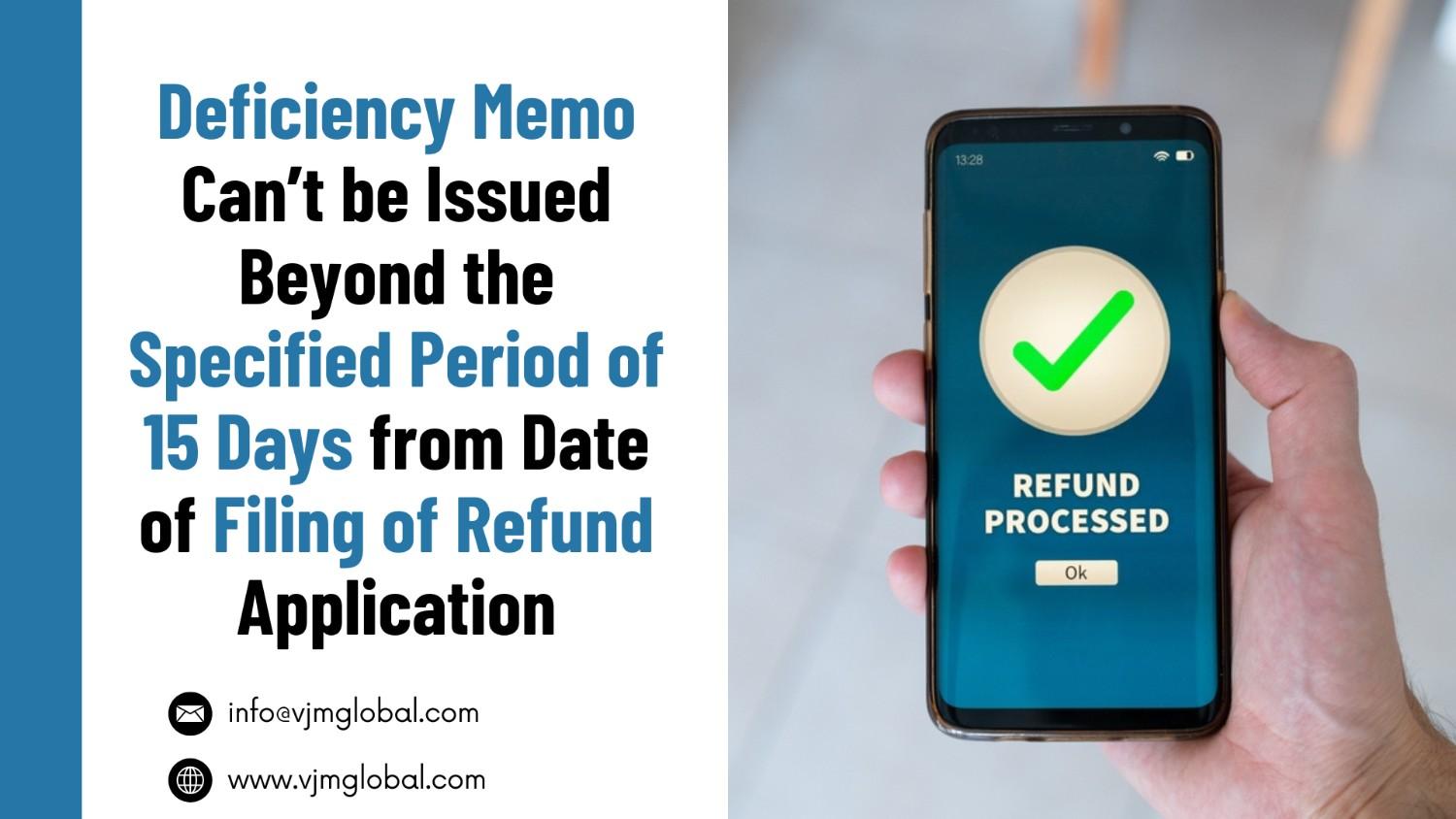By Companies (Acceptance of Deposits) Amendment Rules, 2019 : “Every Company other than Government Company shall file a onetime return of outstanding receipt of money or loan by a company but not considered as deposits, in term of clause (c) of sub-rule 1 of rule 2 from the 01st April, 2014 to the date of publication of this notification in the official Gazette (i.e. 31st March, 2019) in e-form DPT 3 within 90 days from the date of publication.”
You may be concerned about the timeline of the loan taken and paid by the company and the kind of loans that are required to be reported to the ROC in the e-form DPT-3. Here’s a detailed description of all that you need to know before filing the e-form DPT and the applicability of the same for different kind of loans.
Provisions for filing of information related to Loans and deposits are given under following rules of Companies (Acceptance of Deposit) Rules, 2014 (“Deposit Rules”):
- Rule 16- Return of Deposits to be Filed Withthe Registrar
- Rule 16A- Disclosures in the financial statement
All the companies, including small, non-small, private, OPC etc need to file DPT-3 after the publication on these rules.
In this article we will discuss in detail about all possible questions related to DPT-3
1. Who are required to furnish Return of Deposits in Form DPT-3?
Every Company other than Government Company* is required to file both Returns of deposit in form DPT-3, Annual return and transitional one-time return. Accordingly, the obligation to file DPT-3 lies on every kind of company whether a public company or a private company.
* "Governmentcompany" term is defined in section 2(45) of Companies Act, 2013 (“TheAct”) which means any company in which not less than 50% of the paid-up sharecapital is held by:
- the Central Government, or
- by any State Government or Governments, or
- partly by the Central Government and partly by one or more State Governments,
- and includes a company which is a subsidiary company of such a Government company;
2. What is the meaning of deposits?
Term “Deposit” isdefined in Rule 2(1)(c) as deposit includes any receipt of money by way ofdeposit or loan or in any other form by a company. Accordingly, Deposit is avery wide term and it almost covers every type of receipt.
Further, Rule 2(1)(c)sets out certain exceptions where receipt of amount shall not be considered asDeposits (hereinafter referred as “Exempted Deposits”)such as amount receivedas loan from banks and financial institutions, amount received by a companyfrom another company etc. Complete list of such exempted deposits is givenunder Rule 2(1)(c)
3. Due dates of filling DPT-3
Rule 16 and Rule 16A of Companies (Acceptance of Deposit) Rules, 2014, required two types of filing of DPT-3:
4. Annual Filing of DPT-3 (Rule 16 of the Rules)
Every company other than a government company, to which provisions of Deposit Rules applies, have to file a return in form DPT-3 with RoC for every year on or before 30th June of the following Financial year.
4.1 One-time filing of DPT-3 (Rule 16A(3) of the Rules)
As DPT-3 has been introduced for the first time, therefore, Deposit Rules requires filing of transitional DPT-3 form. As per Rule 16(3), every company other than Government Company shall file a one-time return in form DPT-3 with RoC for the period of 1st April, 2014 to 31st March, 2019 within 90 days from 31st March, 2019 (i.e., 29th June, 2019)
5. What information to be provided in DPT-3?
DPT-3 is filed todisclose either of the following information:
- Onetime Return fordisclosure of details of outstanding money or loan received by a company butnot considered as deposits in terms of rule 2(1)(c) of the Companies(Acceptance of Deposits) Rules, 2014
- Return of Deposit
- Particulars oftransactions by a company not considered as deposit as per rule 2 (1) (c) ofthe Companies (Acceptance of Deposit) Rules, 2014
- Return of Deposit and Particulars of transactionsby a company not considered as deposit
Accordingly, whilefiling DPT-3, company will select either of option as per applicability.
6. Who is required to furnish transitional one-time return of deposits in form DPT-3?
As per Rule 16A ofDeposit Rules, every company other than government company which has acceptedexempted deposits during the period of 1st April, 2014 to 31stMarch, 2019 and have balance outstanding of such exempted deposit on 31stMarch, 2019 shall file transitional one-time DPT-3 with RoC within 90 days(i.e., 29th June, 2019).
7. Who is required to furnish annual return of deposit in form DPT-3?
Annual return isfiled to disclose return of deposits or particulars of transaction of exempted depositsor both. Accordingly, if company has any transaction of deposit or exempteddeposit during the year then the company is required to furnish annual DPT-3irrespective of balance of such deposit or exempted deposit as on 31stMarch.
7.1 Case 1 – Transactions in exempted deposits only during 1st April, 2014 to 31st March, 2019
M/s ABC limited hasfollowing transactions during the period of 1st April, 2014 to 31stMarch, 2019 and closing balance as on 31st march, 2019:
| Nature of Deposit |
Taken During the Period |
Repaid During the Period |
Balance as on 31st March, 2019 |
| Exempted Deposits |
1,00,000 |
50,000 |
50,000 |
| Deposits |
NIL |
NIL |
NIL |
One time filling: As company is having balance outstanding of exempted deposits as on 31stMarch, 2019 then the company is required to file one time DPT-3 by 29thJune, 2019.
Annual Filling: Company was havingtransaction of exempted deposit during the FY 2018-19, accordingly, companywill file Annual DPT-3 under “Particulars oftransactions by a company not considered as deposit as per rule 2 (1) (c) ofthe Companies (Acceptance of Deposit) Rules, 2014”on or before 30th June, 2019.
7.2 Case 2: Transactions in Exempted Deposits and Deposits during the year with closing balance of Deposits as on 31st March, 2019
M/s ABC limitedhas following transactions during the period of 1st April, 2014 to31st March, 2019 and closing balance as on 31st march,2019:
| Nature of Deposit |
Taken During the Period |
Repaid During the Period |
Balance as on 31st March, 2019 |
| Exempted Deposits |
1,00,000 |
1,00,000 |
NIL |
| Deposits |
1,00,000 |
50,000 |
50,000 |
One time filling: As company doesn’t have any outstanding balance of exempted deposits as on 31stmarch, 2019, therefore, company is not required to file one time DPT-3 eventhough company was having transactions of exempted deposits.
Annual Filling: company having transactions in both deposits and exempted deposits,accordingly, company shall file annual DPT-3 under “Return of Deposit andParticulars of transactions by a company not considered as deposit”.
7.3 Case 3: Opening balance of Exempted deposits and transactions in deposits along with closing balance as on 31st March, 2019
M/sABC limited has following transactions during the period of 1stApril, 2014 to 31st March, 2019 and closing balance as on 31stmarch, 2019:
| Nature of Deposit |
Opening Balance |
Taken During the Period |
Repaid During the Period |
Balance as on 31st March, 2019 |
| Exempted Deposits |
1,00,000 |
NIL |
NIL |
1,00,000 |
| Deposits |
NIL |
1,00,000 |
50,000 |
50,000 |
One time filling: In the given case, company is having outstandingbalance of exempted deposits as on 31st March, 2019. However, such balance isnot pertaining to transactions for the period of 1st April, 2014 to 31st March,2019, accordingly, company is not required to file one time DPT-3.
Annual Filling: company is having balance as on 31st March, 2019of both deposits and exempted deposits. Accordingly, company shall file annualDPT-3 under “Return of Deposit andParticulars of transactions by a company not considered as deposit”.
8. Is it mandatory to attach auditor’s certificate to form DPT-3?
As per Rule 16 of Deposit Rules, every company (other thangovernment company to which Deposit Rules applies) is required to file withregistrar return in form DPT-3 furnishing the information given in form DPT-3as on 31st March of every year. Such information is required to beaudited by auditor* of the company.
Therefore, while filing DPT-3 auditor is required to attachauditor’s certificate to authenticate the information given in DPT-3.
As provisions of Rule 16 are applicable for filing of annualDPT-3, Auditor’s certificate is mandatorily required while filing annual DPT-3 infollowing cases:
- Return of Deposit or
- Return of Deposit and Particulars of transactions by acompany not considered as deposit’ is selected
*Auditor is appointed by companyas per provisions of Chapter X of Companies Act, 2013
9. What is the filing Fees applicable for of DPT-3?
Fee on filing ofDPT-3 shall be based on nominal share capital of the company as follows:
| Nominal Share Capital | Fee applicable |
|
Less than
1,00,000
|
Rupees 200 per
document
|
|
1,00,000 to
4,99,999
|
Rupees 300 per
document
|
|
5,00,000 to
24,99,999
|
Rupees 400 per
document
|
|
25,00,000 to
99,99,999
|
Rupees 500 per document
|
|
1,00,00,000 or
more
|
Rupees 600 per
document
|
If company is not having share capital then fee of INR 200 will be applicable.
10. What is the additional fee applicable in case of delay in filing of DPT-3?
If company delays in filing of DPT-3 then additional fee shall be based on number of days delayed as follows:
| Period
of delays | All
forms |
|
Up to 30
days
|
2 times of
normal fees
|
|
More than
30 days and up to 60 days
|
4 times of
normal fees
|
|
More than
60 days and up to 90 days
|
6 times of
normal fees
|
|
More than
90 days and up to 180 days
|
10 times
of normal fees
|
|
More than
180 days
|
12 times
of normal fees
|
11. Particulars of receipt of money or loan by a company but not considered as deposits
Particulars of receipt of money or loan by a company but not considered as deposits, at the end of financial year, in terms of clause (c) of sub-rule 1 of rule 2 of the Companies (Acceptance of Deposits) Rules,2014
| Clause |
Description |
| (a) |
Any amount received from:
(i) The Central Government
(ii) A State Government; or repayment guaranteed by the Central or State Government
(iii) A local authority
(iv) A statutory authority constituted under an Act of Parliament or State Legislature
|
| (b) |
Any amount received from:
(i) Foreign Governments
(ii) Foreign or international banks
(iii) Multilateral financial institutions
(iv) Foreign Government-owned development financial institutions
(v) Foreign export credit agencies
(vi) Foreign collaborators
(vii) Foreign body corporates
(viii) Foreign citizens
(ix) Foreign authorities
(x) Persons resident outside India subject to the provisions of the
Foreign Exchange Management Act, 1999
|
| (c) |
Any amount received as:
(i) Loan/facility from any banking company
(ii) State Bank of India or subsidiaries
(iii) Banking institution notified under section 51 of the Banking Regulation Act, 1949
(iv) A corresponding new bank
(v) A cooperative bank as defined in RBI Act, 1934
|
| (d) |
Loan or financial assistance from:
(i) Public Financial Institutions
(ii) Regional Financial Institutions
(iii) Insurance companies
(iv) Scheduled Banks (as per RBI Act, 1934)
|
| (e) |
Amount received via issue of commercial paper or other RBI-notified instruments |
| (f) |
Amount received from another company |
| (g) |
Amount held under an offer towards subscription/allotment of securities, pending allotment |
| (h) |
Amount received from a director or relative of a director (in private company) |
| (i) |
(i) Bonds/debentures secured by first or pari passu charge on assets (excluding intangibles)
(ii) Compulsorily convertible bonds/debentures within 10 years
|
| (j) |
Non-convertible debentures (no charge on assets) listed on recognized stock exchange |
| (k) |
Security deposit from employee (non-interest bearing, not exceeding annual salary) |
| (l) |
Any non-interest bearing amount received and held in trust |
| (m) |
Business-related advances or funds including:
(i) Advance for supply of goods/services (used within 365 days)
(ii) Advance for immovable property (as per agreement)
(iii) Security deposit for contract performance
(iv) Advance under long-term projects for capital goods
(v) Advance for future services (warranty/maintenance)
(vi) Regulator or government-directed advances
(vii) Advance for publications
(viii) Unsecured loans by promoters per financial institution stipulations
(ix) Amount received by Nidhi company
(x) Chit fund subscriptions
(xi) Collective investment schemes regulated by SEBI
(xii) ₹25 lakh+ via convertible notes by startups (repayable within 5 years)
(xiii) Funds from AIFs, VCFs, InvITs, REITs, SEBI-registered Mutual Funds
|
Download DPT 3 E form
Click here to download DPT 3 E Form
Read detailed list of Compliance for companies registered under ROC













